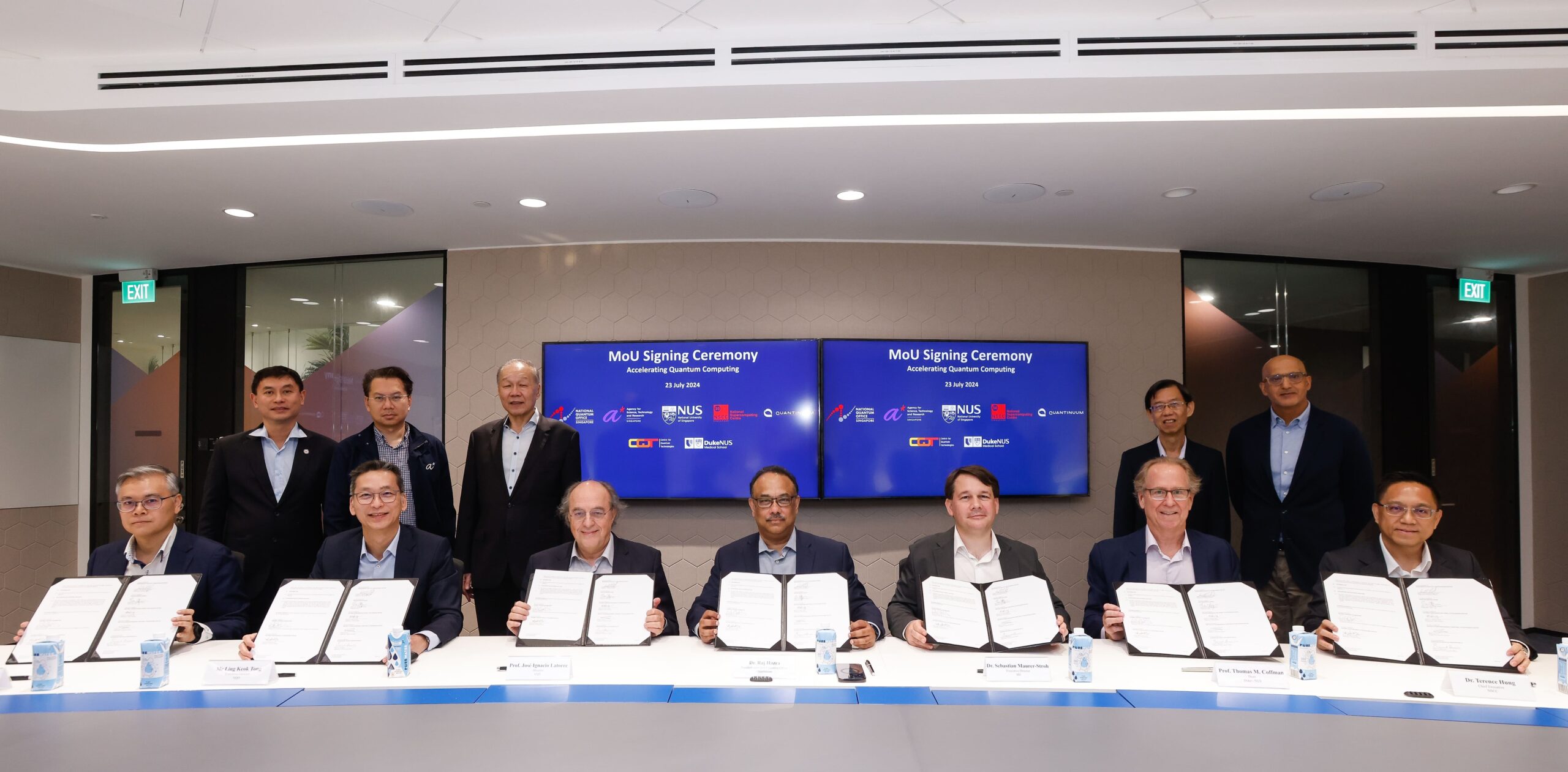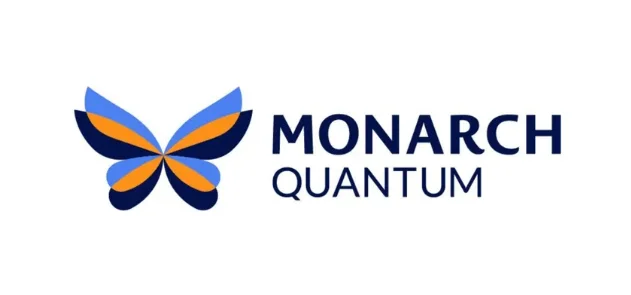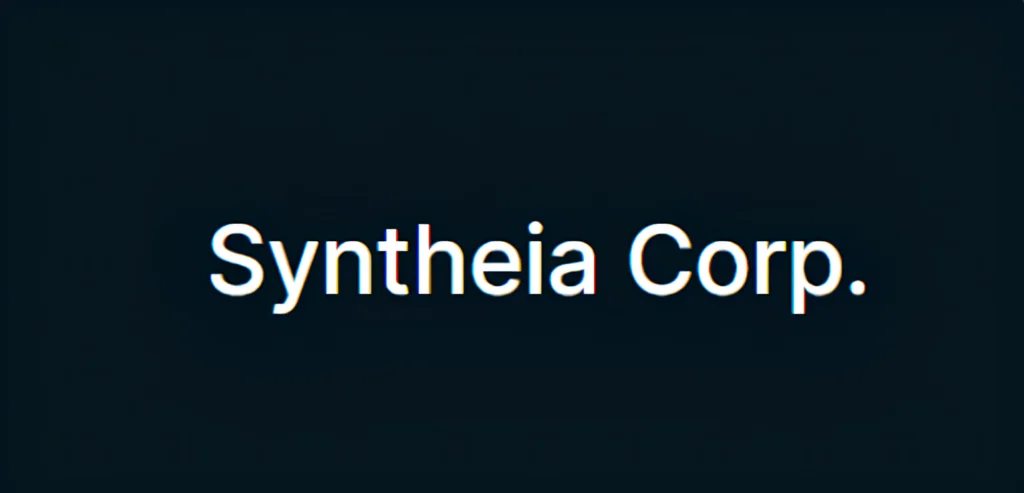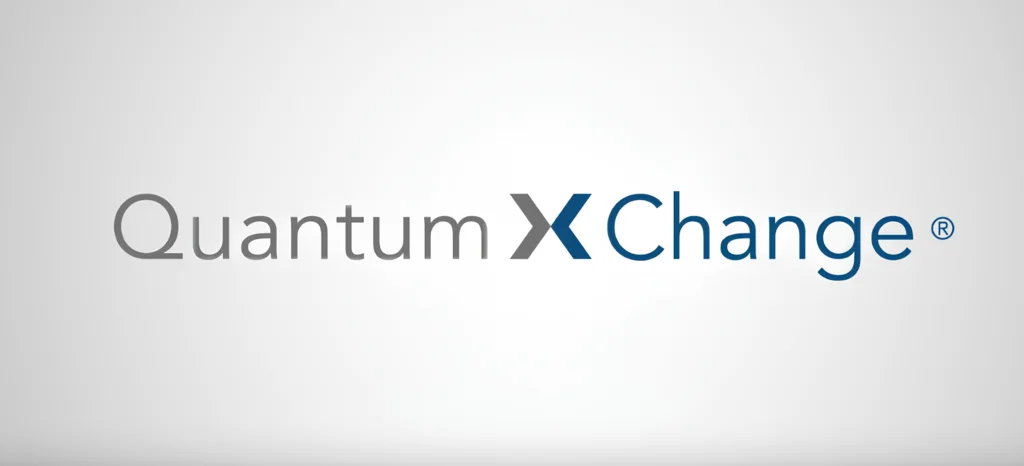Insider Brief
- Singapore science institutions announced they have signed an agreement with Quantinuum to access that company’s advanced quantum computer.
- Organizations include: Singapore’s National Quantum Office (NQO), Agency for Science, Technology and Research (A*STAR), National University of Singapore (NUS), National Supercomputing Centre (NSCC) and Quantinuum.
- The groups will also explore and collaborate on quantum computing use cases, focusing on computational biology.
Singapore’s National Quantum Office (NQO), Agency for Science, Technology and Research (A*STAR), National University of Singapore (NUS), National Supercomputing Centre (NSCC) and Quantinuum signed a Memorandum of Understanding (MoU) today, enabling access to Quantinuum’s advanced quantum computer, and to explore and collaborate on quantum computing use cases, focusing on computational biology.
Under the MoU, the parties agree to leverage Quantinuum’s H-Series and Helios quantum computers, to promote joint research and development (R&D) activities in various quantum computing applications. Helios is Quantinuum’s next generation quantum processor that could exponentially increase the computing power of quantum computers.
The parties will also collaborate on developing hybrid computing solutions that include both classical and quantum computing infrastructures, leading to the creation of long-term strategic roadmaps. The MoU also enables collaborations in training and outreach through seminars, workshops and bespoke programmes to nurture quantum talent and contribute towards Singapore’s growing quantum community.

Singapore has a strong background in computational biology and the collection of quality health datasets. Through this MoU, scientists from A*STAR’s Bioinformatics Institute (A*STAR’s BII), the Centre for Quantum Technologies (CQT) at NUS and Duke-NUS Medical School’s Centre for Computational Biology will be able to leverage Quantinuum’s machines to enhance capabilities in modelling complex biological systems, advancing drug discovery and personalised medicine. In addition, Quantinuum also plans to establish a dedicated R&D presence in Singapore, where researchers from both Quantinuum and Singapore could better exchange knowledge and expertise for further developments in quantum applications and algorithms.
As the largest quantum computing company that has demonstrated success in building the highest performing quantum computers, Quantinuum offers an integrated, end-to-end quantum computing platform. Quantinuum leverages trapped-ion technology – one of the most promising approaches for building the highest fidelity and scalable quantum computers – to develop use cases in a wide range of applications, including pharmaceuticals, material sciences, and finance.
This MoU is guided by Singapore’s National Quantum Strategy, which aims to strengthen Singapore’s position as a leading hub in the development and deployment of quantum technologies by bolstering scientific excellence in high impact areas of quantum research; strengthening Singapore’s engineering capabilities in quantum technologies to accelerate translation into real world solutions; attracting, developing and retaining quantum talent; and anchoring company partnerships to build a vibrant and resilient quantum industry.
NQO oversees the development and execution of Singapore’s National Quantum Strategy to advance Singapore’s quantum technologies, talent and ecosystem development through our national-level quantum programmes. The National Quantum Computing Hub (NQCH), a national-level quantum programme and a joint initiative of the Centre for Quantum Technologies at NUS, A*STAR’s Institute of High Performance Computing (A*STAR’s IHPC) and the National Supercomputing Centre Singapore, will drive this collaboration with Quantinuum.
“This is a strategic collaboration with Quantinuum, following the launch of Singapore’s National Quantum Strategy in late May. Through the NQCH, the National Quantum Office has brought together key research performers to collaborate with Quantinuum on advancing R&D in quantum computing, which will give Singapore an edge in quantum use cases across various industries. Equally important, this MoU will give Singapore access to Quantinuum’s state-of-the-art H-Series and Helios quantum computers. The NQO will continue to foster mutually beneficial partnerships through our national-level quantum programmes, and we look forward to delivering outcomes that could benefit the research, innovation and enterprise (RIE) ecosystem together,” said Ling Keok Tong, Executive Director, NQO. “Our collaboration underscores our commitment to advancing global quantum computing. By harnessing our cutting-edge H-Series quantum computers and leading quantum application software stack, we aim to pioneer transformative use cases in computational biology and life sciences, catalyzing innovation across industries. Establishing an R&D hub in Singapore enhances our dedication to fostering a vibrant quantum ecosystem, driving scientific excellence, and nurturing top quantum talent. Together, we aim to make significant strides in quantum technologies, supporting Singapore’s ambition to lead in the rapidly evolving technological landscape,” stated Dr. Rajeeb (Raj) Hazra, CEO of Quantinuum.















